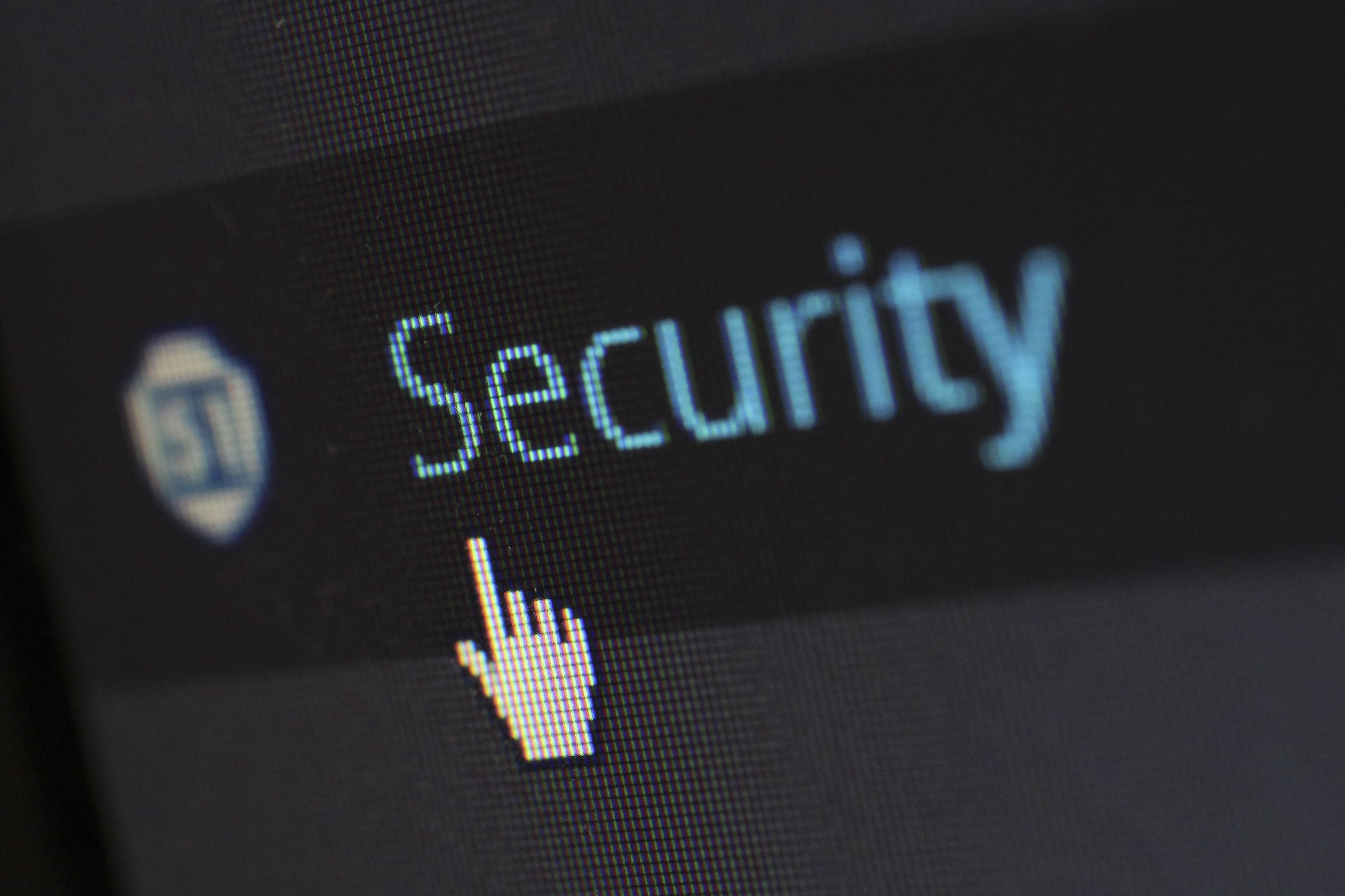It’s no secret that in the modern world, protecting your company from data breaches is essential. In 2021, there were nearly 2,000 major data breaches that affected nearly 300 million people. The average data breach costs a business over $4 million.
Fortunately, you aren’t defenseless when it comes to preventing these kinds of data breaches. This article will detail some of the best practices for maintaining data privacy and preventing costly data breaches.
Employee Security Training
You don’t need your employees to be cybersecurity experts for them to do their part in safeguarding your company and clients’ data. Implementing training for your employees can help them spot potential cyber-threats, know which websites to avoid, and have a clear chain of command for reporting any cyber-security incidents.
Part of this training should include discussions of which employees are allowed to have access to what information. Not only will this give employee a better understanding of his or her role, but it can help them identify if their coworkers are accessing private information that they shouldn’t be concerned with.

Biometric Access Control Systems
To beef up your company’s ability to thwart a breach, consider the use of biometric access control as an extra layer of security to keep areas and information safe and secure. Biometric access control systems keep unauthorized individuals from doors or elevators that they haven’t been granted permission to use.
Traditional access control systems rely on employees either keeping track of an object (e.g. a key card or fob) or remembering a piece of information (e.g. a PIN or code phrase). The problem with the first kind of system is that an access object can be lost or stolen. By the same token, a password or PIN can be shared by a careless employee.
By contrast, biometric systems require an employee to gain access with a scan of their fingerprint, palm, face, or other body part. Since fingerprints and the like can’t be shared the way that a key card or PIN can, biometric access control systems are more secure. Plus, you can’t misplace your face the way you can a security fob, so biometric systems are convenient as well.
Install Modern Security Software
Safeguarding your physical information is a necessity, but so is protecting your company’s digital assets. Either have your own IT team set up firewalls and anti-virus software, or outsource the work to a professional cyber-security team. You need to make your business a fortress against would-be digital thieves.

Don’t Store Excess Data
Your business may need to collect a certain amount of sensitive data in order to function. Abide by whatever data retention protocols that your company has in place, but try not to store additional information beyond that.
Go through your data storage systems and eliminate excess data whenever permissible. Having less data stored will make your business less vulnerable in the face of a potential breach.
Thoroughly Destroy Confidential Information
For physical data, such as confidential papers or files, make sure to shred paper files at least twice, using a cross-cut pattern. This will destroy the papers to a satisfactory level.
For private digital information that you no longer need, make sure to use software that fully erases sensitive data off of the device. Don’t assume that simply deleting a file will be enough to completely remove it from a hacker’s grip.
Encrypt Your Data

Make sure that work emails are encrypted, especially if they deal with sensitive or confidential information. In addition, your team should only be using a secure, private Wi-fi network. This will add another layer of prevention against unwanted breaches.
Keep Data Protection Procedures Current
Having the best prevention methods in place can only help so much unless you keep them up-to-date. A designated employee or even an entire team should regularly examine your company’s procedures to make sure that they are compliant with current standards. Whether or not your business is part of the medical industry, HIPAA standards are a good place to start. The Health Insurance Portability and Accountability Act is about protecting private and secure data in transit and storage. It’s about making sure people’s private information stays private- especially in the healthcare industry. Using the right software and cloud based services, sending HIPAA compliant faxes is simple and very secure. Breaking any of the rules of the act can come with hefty fines so it’s essential to set this up in your business communications to protect yourself and your business itself
Employees should be briefed on any new procedures or policies. Take advantage of any data-related software programs that allow you to give certain employees different levels of access to confidential information. This will make it easier to update data permissions with any changes in staff, such as new hires, promotions, or employee departures.
Test Your Systems and Your Employees
If you want to make sure that your data breach prevention systems are operating effectively, put them to the test by acting as if you were a potential hacker. Penetration testing simulates a cyberattack on your systems. You can also test your employees themselves with social engineering methods, such as fake phishing messages and fake scam calls.
Conclusion
There is no single silver bullet for preventing data breaches. Your company needs to incorporate multiple smart systems, from employee training to security software to regular practice, in order to keep your group’s data safe.
